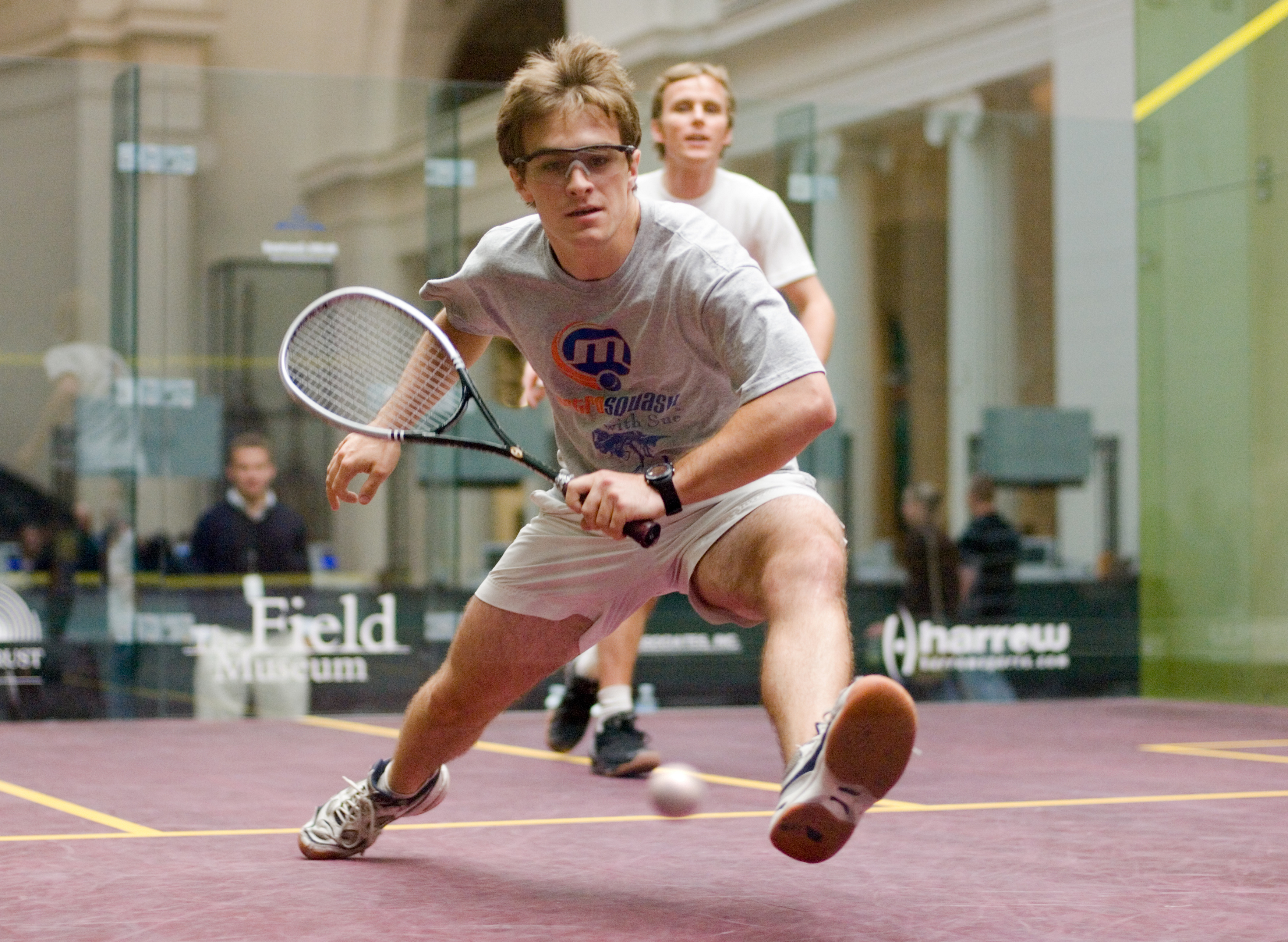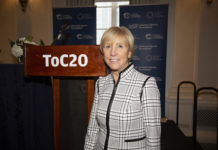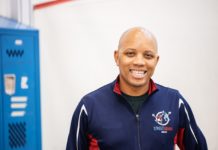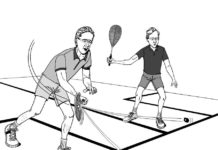Max Laverty, Executive Director, Urban Squash Cleveland
How old were you when you first picked up a squash racquet?
I started to play tennis at the Heights Casino in brooklyn (NY) at age 7. By age 10 I was playing both tennis and squash on a regular basis.
 Who was your first teacher?
Who was your first teacher?
Being that it was the Heights Casino, I had many great coaches, but I will always remember Bryan Patterson taking a quick nap during my group lessons! But, all kidding aside, it has been great to work closely with Bryan, as we are now both coaches in the Urban Squash world. Mark DeVoy and Julian Wellings also deserve credit for my progress as a junior player and have had a large influence on my coaching style.
Talk about your junior squash experience.
I remember losing a lot in my early years of junior squash. It was always tough for me, because squash was my 3rd or 4th sport growing up. As I got older, I was able to really improve my game and become more of a well-rounded player. But in the long run, I will always remember the friendships I made and the tough matches I played as a junior. I still keep in touch with those players; those relationships and matches have helped me relate to my students while I am their coach. I was also fortunate to travel to England and New Zealand to play squash and those are experiences I will never forget.
You played at Denison University. What did you enjoy most about your college squash experience?
I loved a lot of things about my college squash experience. Because I played regularly in junior tournaments and went to boarding school for high school, I knew a lot of the other players on the college squash scene. Denison had, and still has, a club program, and I am proud to have been a part of it. I’m grateful that I played college squash for a club team; in some ways, it was more challenging than being on a traditional varsity squad. At Denison, I was the Captain, President, and Treasurer of the team for three years. Those three years taught me a lot about myself—responsibility, work ethic and above all, being a good teammate and leader. I thank my coach Peter Burling for that. I consider my time as a leader of the Denison team as job training for my first job in the Urban Squash world at METROsquash.
Congratulations on being named Executive director for Urban Squash Cleveland. Talk about your passion for urban squash.
I’m really happy to have become a member of the urban squash movement. I would not have even thought of it as a career path if it weren’t for an internship with Tim Wyant at CitySquash in 2005 and a speech by Greg Zaff at College Nationals in 2007. Like many college graduates, I was unsure what I wanted to do for my next step and after I heard Zaff’s speech, he’d sold me on working with urban squash students. I had always enjoyed working with kids and coaching sports, so urban squash made a lot of sense. I love when I see my students get fired up about squash, and I also love to see them work their butts off to reach a certain goal, whether it be to hit 10 backhands in a row or get a 90% on a math test. It’s inspiring to work with those types of students every single day—and that makes every day better than the last.
What lessons will you take from your time at METROsquash in Chicago that will serve you in your new position?
If it wern’t for my positive experiences at METROsquash, I wouldn’t have decided to become the executive Director at Urban Squash Cleveland. For that, I owe a lot to the students and staff at METROsquash. David Kay, my boss at METROsquash, was instrumental in my professional development to become an Executive Director. The biggest lessons I learned from METROsquash came from the many hours of “soccer mom” duty I had driving students all around the Midwest, and from the METROsquash Academic Director, Brandon McNab, who showed me how to actually run a classroom of students rather than a squash court of players.
Do you see the time coming when a student from an urban program can become an elite player?
Certainly. Urban Squash programs focus on the whole person. Squash players are some of the best athletes in the world and it takes more than athletic ability to reach the top. The best people will rise to the occasion.
Do you still get the opportunity to play competitively?
I don’t play competitively as much as I would like to, but the great thing about squash is that you can always find a few good matches, no matter what city you’re in. I’ve also begun to play doubles on a regular basis and at this point in my squash career, I just want to have fun with the game—that’s why we all started playing in the first place.





